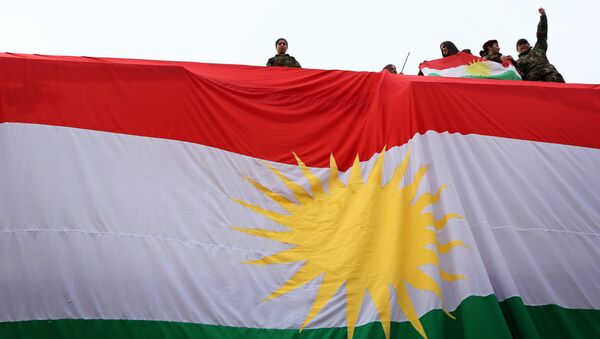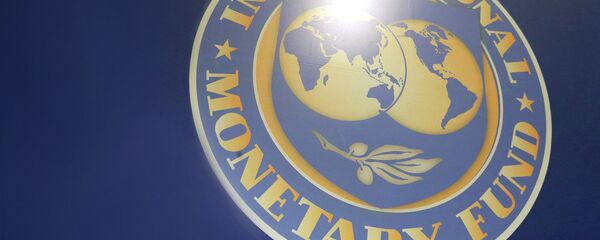“We [Iraqi Kurdistan] are now at a crossroads, facing two options: we will either have the Kurdish parties agreeing on key issues, such as presidential elections, a system of governance, oil and gas and relations with Baghdad, or we are going to see a repetition of what happened to Palestine, one part of which is now ruled by Fatah and the other by Hamas,” Ramazan Osmanov said.
He added that in this case Iraqi Kurdistan will be ruled by two administrations – one on Erbil, and the other in Sulaimani, just like it was in the past.
The split is fraught with a civil war centering on who gets the control over the oil-rich Kirkuk province.
“A large part of Kirkuk is now controlled by the armed forces of the Patriotic Union of Kurdistan, but there are also forces loyal to the Kurdistan Democratic Party,” Osmanov said.
The region’s oil wealth is also being claimed by the Iraqi government, who would hate to lose a major source of income.
"This could ignite a full-scale civil war with Iraq, Iran and the al-Hashd-al-Shaabi group [Shiite militia] using it as a pretext for joining in the fray,” Osmanov warned.
He also mentioned the deep political and economic crisis Iraqi Kurdistan was now living through, stemming mainly from differences over the issue of a Kurdish presidency and the war with Daesh.
More than half of local MPs are holding out for a parliamentary republic while about as many are advocating a presidential one.
Ramazan Osdmanov said that a region-wide referendum and early presidential elections held the key to ending the stalemate.
In October 2015 security authorities of the ruling Kurdistan Democratic Party (KDP) prevented parliamentary speaker Yusuf Mohammed Sadiq and a group of lawmakers from entering Erbil city, effectively bring the legislature to a halt.
The second and final term of Democratic Party leader and President Masoud Barzani ended in 2013. The autonomous parliament of the autonomy then extended his term for another two years, but even that extension ran out in 2015.



